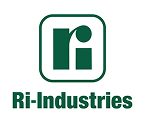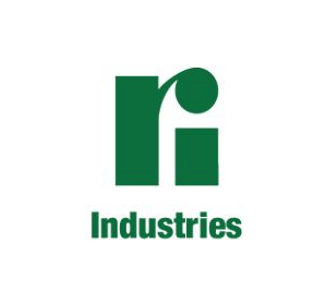Routine scheduled maintenance is the one thing you need to do to ensure your Ri-Treat Waste water treatment system operates properly. Aerobic treatment systems are on-site sewage treatment systems that use forced air to treat wastewater and surface application, or drip irrigation, to disperse the treated wastewater. They may also be used to replace subsurface systems that are failing due to high groundwater and/or poor soil.
Servicing
Once the unit has been installed it is the owners/operators responsibility of on-site secondary treatment systems (STS) to ensure the unit is serviced by an accredited service company and to hold a current maintenance and/or service contract for their system. Owners/operators shall ensure that all maintenance and servicing is undertaken by an appropriately trained person. This person must have completed a training course as specified by SA Health. Servicing must be undertaken in accordance with the manufacturer’s instructions and the conditions of the relevant authority’s approval (eg. Council/SA Health). Service providers must forward a copy of each service record to the relevant authority and notify that authority if they cease to service the system.
General Maintenance Guidelines
A system that is poorly maintained will not produce properly treated effluent; therefore Ri –Industries recommends owner/operators hire a maintenance service with the experience and knowledge of your system.
You will have best success for a properly working system if you follow these general guidelines:
- Aerobic systems are for household wastewater, so be sure to avoid using any form of bleach, antibacterial solutions or toilet cleaners, as these will kill off all of the good bacteria and create an odour in your system.
- Be diligent in disinfecting your system to reduce the risk of pathogens in the effluent. Disinfection is the primary mechanism for destroying pathogen organisms, such as bacteria, viruses, and protozoan cysts. Disinfection also prevents the spread of waterborne diseases to downstream users and the environment. The most commonly used disinfectant is chlorine. Other disinfection methods include ultraviolet (UV) radiation and ozonation.
- Check the surface application area; your vegetative cover should not be ignored during maintenance inspections.
- Clean the equalisation tank every one or two years. Routine tank inspections during your scheduled maintenance service will help you avoid sludge overflow.
- Don’t ignore your system alarm. Most systems are equipped with an alarm to alert you of a system failure. Inspect the system immediately or call a professional if you are not comfortable managing the issue yourself.
If you have questions about the maintenance of your aerobic treatment system, please do not hesitate to contact us with questions. We are proud to serve the Adelaide and South Australia area with all of your waste water treatment needs.


